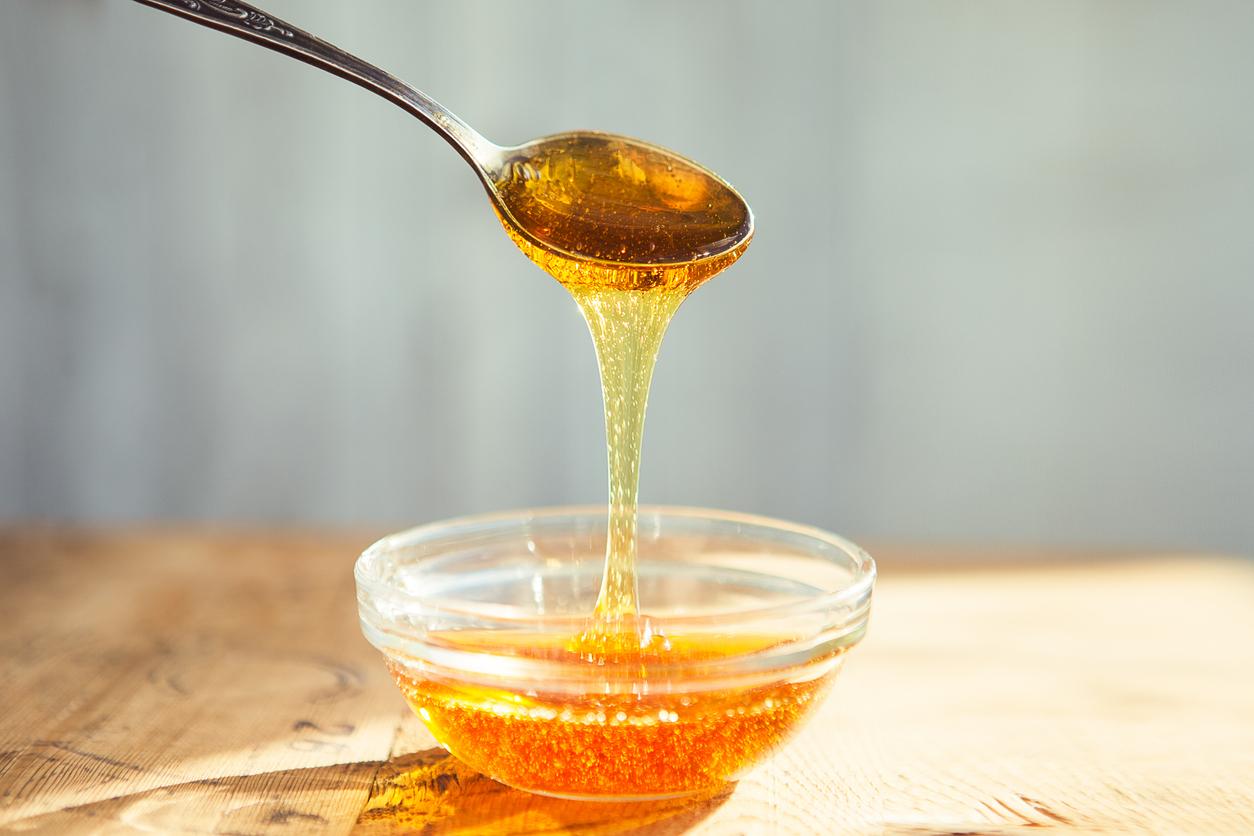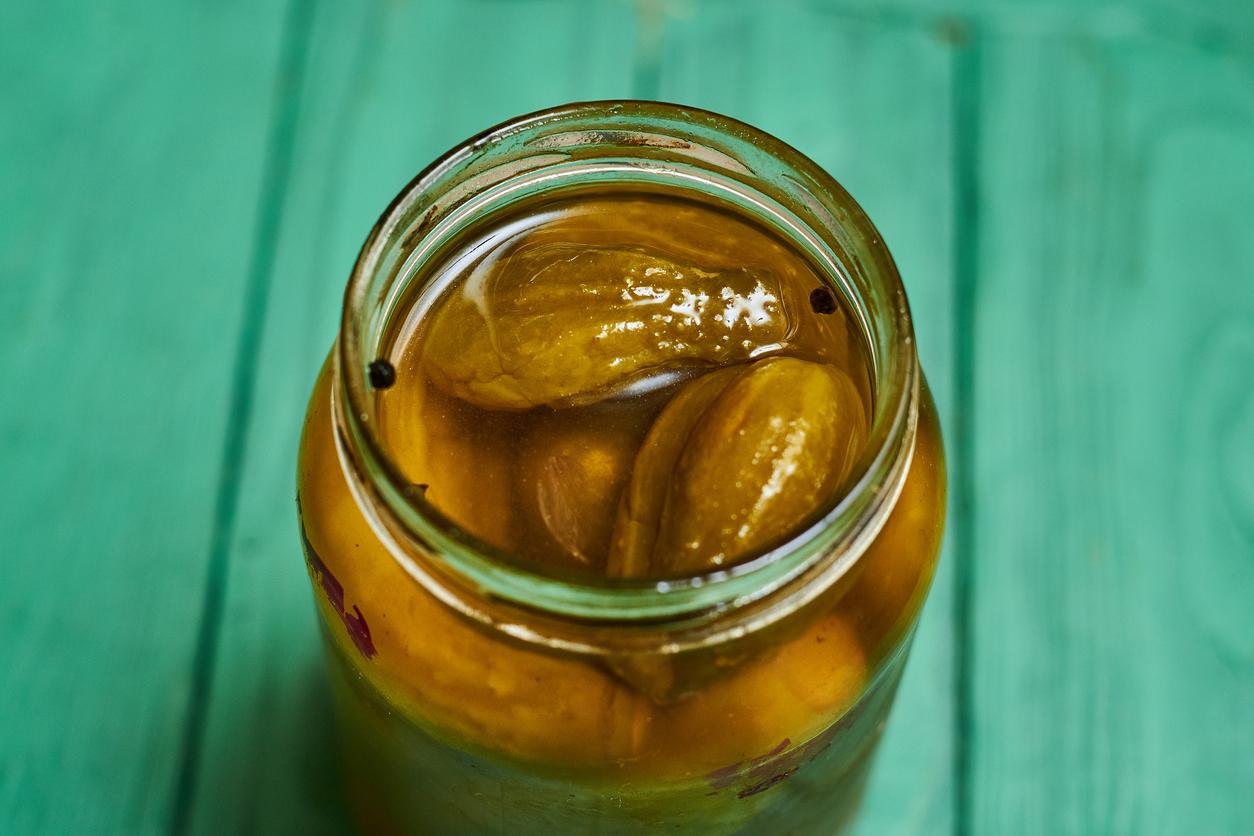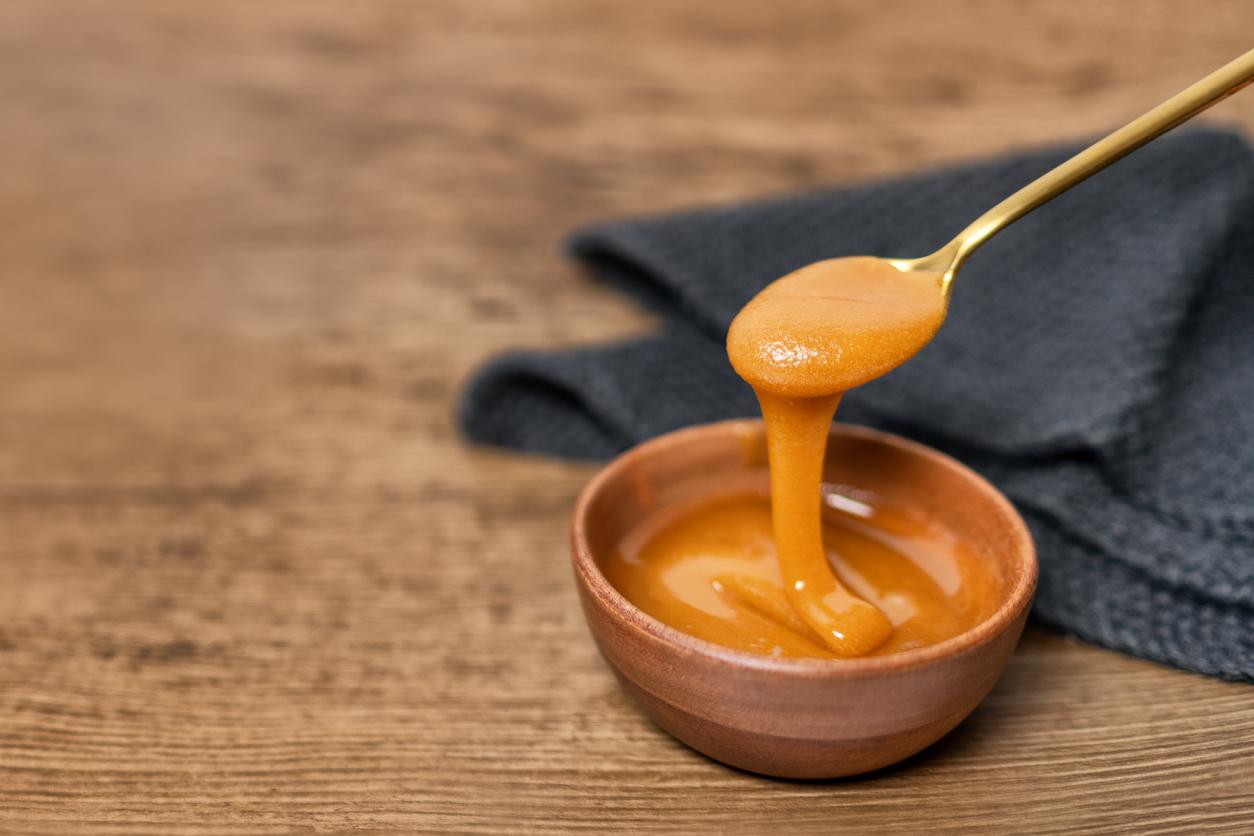1er October 2008 – Honey may succeed where antibiotics fail in the treatment of chronic sinusitis, believe Canadian researchers at The Ottawa Hospital.
In in vitro tests, researchers have shown that certain honeys are not only effective against two bacteria resistant to antibiotics, but that they can also cross the biofilm that isolates them. This film is formed by a grouping of microorganisms, protecting the colony of bacteria against the action of antibiotics.
New Zealand manuka honey and Yemen sidr honey both destroyed 100% of the colonies in test tubes, according to the results. Pseudomonas aeruginosa and of Staphylococcus aureus2. These two bacteria are known for their resistance to antibiotics and are the cause of the majority of chronic sinusitis and rhinosinusitis. When the bacteria colonies were covered with a biofilm, these two honeys still killed 63% to 91% of the bacteria.
Canadian clover and buckwheat honeys could not penetrate the skin to reach the bacteria. All honeys contain a specific enzyme that produces hydrogen peroxide, a recognized antiseptic. The content of this substance can vary from one honey to another. It is not yet clear what allows certain honeys to cross the biological film of bacteria.
The researchers now want to test the method in patients by injecting honey diluted in water into the infected sinuses and nasal passages using a syringe.
Pierre Lefrançois – PasseportSanté.net
According to The Ottawa Citizen, Canadian Press and Canwest News Service.
1. Alandejani T, Marsan JG, et al. Effectiveness of Honey on S. aureus and P. aeruginosa Biofilms. Results presented at the American Academy of Otolaryngology – Head and Neck Surgery Annual Meeting, Chicago, September 23, 2008.
2. Manuka honey comes from bees that have foraged the flowers of a tree called manuka (Leptospermum scoparium), while the bees that produced Sidr’s honey have foraged the flowers of a species of jujube (Zizyphus spina-christi).
















